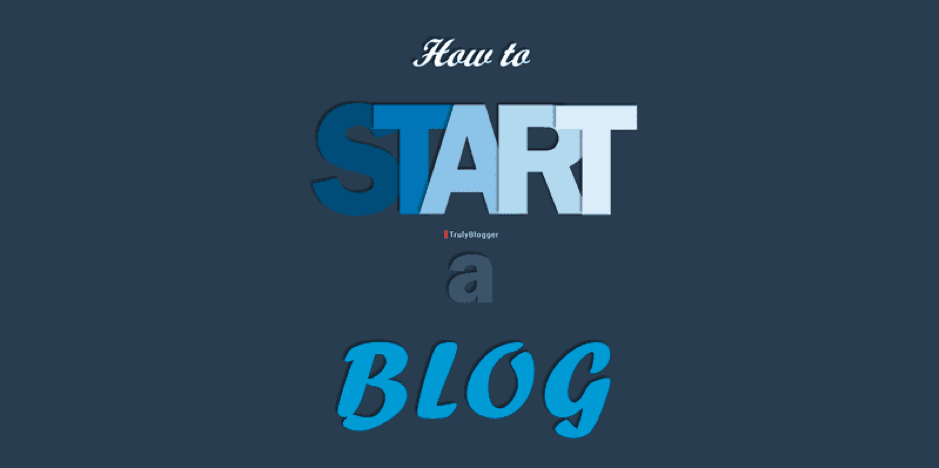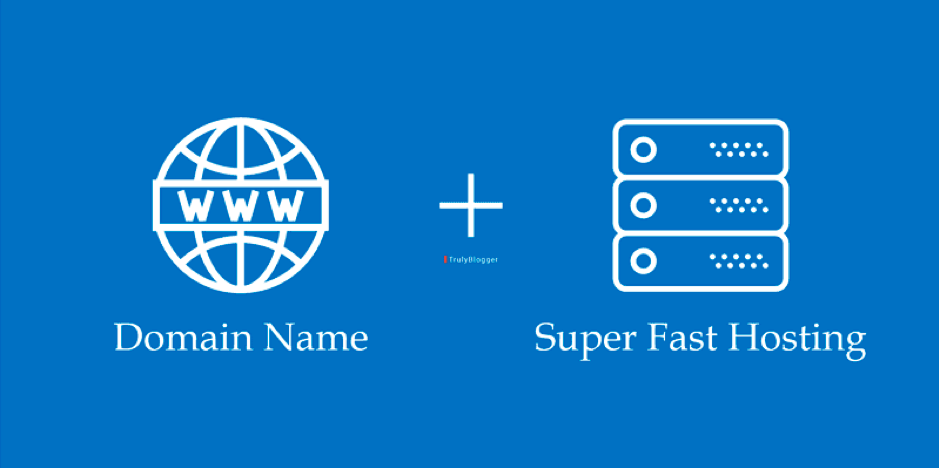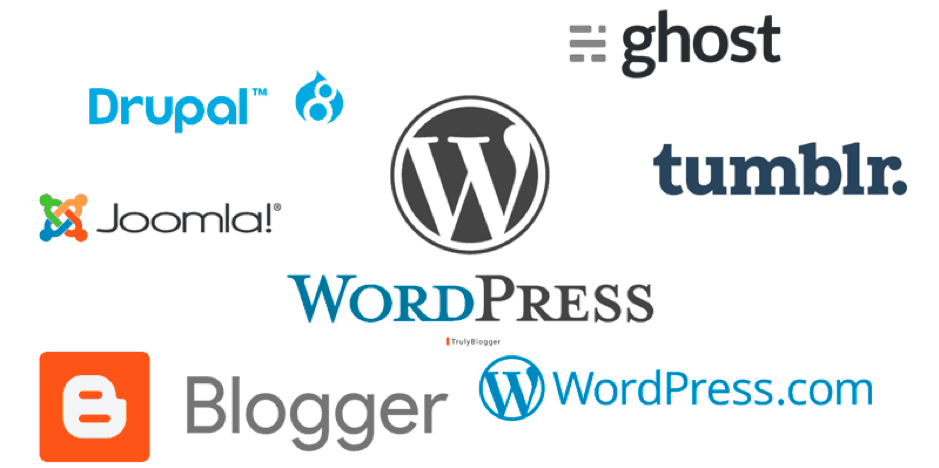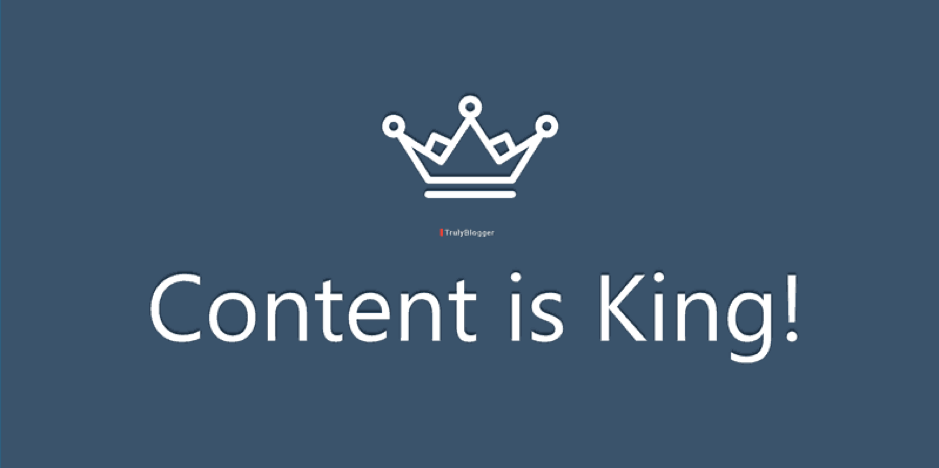If you’re wondering How to Start a Blog, then you’ve come to the right place. I am going to share all the essential information you need to start a blog. Will also share few tips to help you on your way on becoming a successful blogger. It would be great to discuss about What is blogging before digging into the details.

What is Blogging?
Blogging has been around since the 90’s, and has advanced significantly since.
A blog is like an online diary and is the perfect way to express your thoughts, about yourself and meet new people. Most of all, it is also a great platform to generate income.
In the past years, blogging has reached a new level with well-known bloggers, getting deals and partnerships with popular brands as well as scoring the hottest seats in fashion shows. As a result, many individuals are enticed of starting their own blog.
How to start a blog using platforms like WordPress is quite simple and easy. However, building a brand and driving traffic to your blog is where the hard work starts. Below are some ways to help you start a blog and become successful at it, slowly but surely.
How to Start a Blog in 2018
Let’s discuss about some prerequisites to start a blog.
- Find your Niche
- Select your Target Audience
- Find a Domain Name
- Select a Super Fast Hosting
- Choose a Blogging Platform
Find your Niche
One the biggest mistake bloggers make is not choosing the right niche. It is very important that you are passionate and knowledgeable on what you will blog about. Furthermore, there are many bloggers out there who are investing a lot of money and time into blogging the niche that does not suit them.
Ask yourself what drives and keeps you motivated. Keep in mind that passion is one of the keys for your blog’s success. In addition, it is also worth considering if the niche you will choose is profitable or not. And let me be honest, most of us blog not just out of passion but because of the money we can make out of it as well.
Here’s a list of some niche that are popular, profitable and generates traffic:
- Health and Fitness
- Beauty and Fashion
- Food
- Sports
- Lifestyle
- Personal Development
- Travel
- Gaming
- Gadgets
- Internet
- Technology
Get to Know your Target Audience
Understanding your demographic is of utmost importance. It may take some time to do research directly, but you will greatly benefit from it along the way.
Your blog’s tone can be set from acquiring your target audience’s perspective by using Facebook and other popular social media platforms. This will also provide you with a head start by knowing the type of content that will appeal to them.
Hence, understanding what your demographic wants is one way to ensure that they will come back to your blog.
The Importance of your Domain Name
The domain name that you will choose is another important aspect when starting a blog. It is something that will have a huge impact on your blog and brand.
Follow these tips on how to create the perfect domain name:
- Make your domain name short and easy to pronounce. Also, a shorter domain name will be easier to share, type and remember.
- Since a domain name is your first contact with your audience, make it memorable. Pick a unique one that will sound like a brand.
- As much as possible, avoid using numbers and hyphens as they tend to sound common.
- Also, you can use keywords in your domain name that best describe your business brand or niche.
- Finally, do some research to ensure that what you will choose is not copyrighted.
There are few online Domain Name Generators you may want to use. Enter the keywords of your selected niche and see the magic. NAMEMESH, Shopify, LeanDomainSearch.

Choose the Proper Hosting
Nowadays, numerous internet companies are providing hosting services for blogs and websites. But one of the most confusing parts is choosing the right hosting company out of so many options out there.
And if you want to setup a WordPress blog than choosing a right host for your blog become more difficult. Because, most of all hosting companies are providing dedicated WordPress Hosting.
Below is a list of Few Good Hosting companies and their plans’ monthly costs, you may want to consider for your blog.
SiteGround
SiteGround is one of the most reliable Hosting Company, it is in the business since 2004. It is one of the recommended Hosting Service Provider by WordPress.org. It offers various Hosting and Domain Services. Initial Shared Hosting plan from SiteGround called StartUp starts from $3.95/month.
Bluehost
Bluehost is one of the 20 largest web hosts companies in the world. The company hosts over 2 million domains and provide every kind of hosting service i.e Shared, Dedicated, Cloud, VPS etc. The Basic hosting plan also available for $3.95/month. You will also get a free domain for 1st year.
A2Hosting
A2Hosting is relatively newer and it is know for speed. It’s basic Shared Hosting Plan LITE starts from $3.92/month. You choose your hosting server location as per your demographic. A2Hosting offers a unique A2Optimized WordPress option for blazing fast website.
Hostgator
Hostgator is one of the oldest hosting and domain service provider in the world. I offers various kind of hosting services at nominal price. It’s Hatchling Plan starts from $3.95/month.
DreamHost, GoDaddy and InMotion are also very good hosting service provider out there. Feel free to explore them as well.
I would recommend you to purchase your domain and hosting from the same service provider for the first time at least, as few companies provide free domain with one-year hosting plan.
Choosing the Perfect Blogging Platform
Since there are numerous blogging platforms in the market today, choosing the best platform for your blog can be overwhelming . In order to help you decide which one is the perfect blogging platform for you. Let’s go over some pros and cons of the most favourite options.

WordPress (.org)
WordPress is the most popular open source blogging platform in world today. It lets you create your own blog or website.
Pros
- You will have full control over each feature of your blog.
- You can add features such as an online store and forum.
- Thousands of available free themes to choose from.
- Gain access to thousands of free WordPress plugins.
- Search Engine Friendly Content Management System (CMS).
Cons
- Will involve a little learning when it comes to managing your blog.
- Your blog’s security and backups will have to be managed by you, if you choose basic hosting plans.
WordPress (.com)
WordPress.com is a free (and paid) basic blog hosting platform created by Matt Mullenweg, who is the cofounder of WordPress.org. This platform provides you the option to buy add-ons for your blog like extra storage and a customized domain name.
Pros
- You don’t need to setup anything.
- Very user-friendly.
Cons
- Options are limited if you want to extend your blog.
- Advertisements are not allowed.
- Your account can be suspended anytime if they see a reason for it since you don’t own your blog.
Blogger
This platform is also a free hosting service for blogs which Google acquired in 2003. It provides user with an easy and quick way to build a blog. It is very popular with the not so tech-savvy individuals.
Pros
- Pretty much free to use.
- Very easy to manage and use without any required technical skills.
Cons
- Blogging tools offered are basic making it hard if you want to add new features on your blog as it becomes popular.
- Template and design choice is limited.
- Templates offered by third party are of low quality most of the time.
Tumblr
What sets Tumblr apart from others on this list is that, it is a micro-blogging platform that comes with social network capabilities such as re-blogging. It lets you follow other blogs, sharing tools that are built-in and many more.
Pros
- Free and user-friendly.
- You can easily blog images, audio format, gifs and videos along with the text content.
Cons
- Limited features.
- Themes have no option to add additional features.
- Difficult to import to other platforms.
Ghost
Ghost is relatively new, it offers limited features and a simple platform for blogging. Its main focus is on writing contents for blogs. It’s available either as software that you need to install and host or as a hosted platform.
Pros
- Focuses more on writing blog contents.
- Minimalist with intuitive user-interface.
- Hosted version does not require any setup.
Cons
- Customising with apps is a bit difficult.
- Limited option for themes and design.
- Complicated when installing and setting up locally.
Joomla
Joomla is an open source CMS like WordPress. You need to have a web hosting and domain name to be able to use it since it’s a self-hosted solution.
Pros
- Very flexible and powerful.
- You can customize your blog with the hundreds of available templates to choose from.
- You can add features with apps.
Cons
- Themes and add-ons are fewer compared to WordPress.
- Limited community support and paid support is a bit pricey.
- You have to manage your own security, backups and updates, if your hosting is not providing security and backup services.
Drupal
Drupal is a comprehensive and free open source CMS written in PHP. It can be best described as a programmer’s platform instead of just a simple CMS script.
Pros
- Can do almost anything.
- Comes with plenty of functionality.
Cons
- You may find it difficult to use if you are not a developer.
- Far behind other blogging platforms when it comes to efficiency and scalability.
To make your life simple, you can just opt to use the services of WordPress(.org) and look for an inexpensive shared hosting company that supports it. Most of all, there are actually plenty of popular blogs online that were created like this and still uses WordPress to date.
Strategies and Plan your Blog’s Content
According to Bill Gates in an article he wrote in 1996 called “Content is King”, content is where the money will be made from the internet, which is particularly true with blogging these days.

Content strategy in itself is a plan and when implemented, will ensure a content that’s consistent and constructed well. Also, it is a way for you to draft your blog’s content, from visuals, info-graphics and just about all that’s in between. It has to be really exciting, inspiring, interesting and relevant to your target audience in order to retain them.
Having a clear content strategy is actually a tool to provide your blog with the direction it needs as well as its own identity. Therefore, if you want your blog to be successful and profitable, make sure plan its contents carefully.
The Importance of Writing the Proper Headlines
This is one aspect that many bloggers today seem to not give importance to. Because headlines are one of the factors that can urge people to read the whole content of your blog, this practice needs to be changed.
Headlines sell your content and it’s what will show in the results page of search engines and also on social media. In addition, it is the representation of your blog’s content. Therefore, invest a little more of your time in crafting headlines if you want your blog’s content to stand out. Also, writing compelling articles is one thing, however, getting it ranked on Google and getting people to read them is a totally different story.
In order to hook your audience’s attention and go against the millions of articles in your niche, create headlines that are relevant, interesting and catchy.
For example – I could choose to write the title of this post – How to Start a Blog, but choose to go with How to Start a Blog in 2017. Adding 2017 in the end of the title makes it more relevant for current year.
You can write the most compelling article with the most amazing images, but your efforts will not matter if your audience will overlook your content’s headline. Therefore, they will not click the link to your blog article.
Consistency
If you want to make an impact for your blog, be consistent. What this means is that you have to consistently blog in order to prevent any traffic lose. The amount of traffic your blog gets and the amount of content you create and publish works together like a team. Keep in mind though that not everything that comes to your mind should be blogged or voiced out.
Also, update your blog regularly with fresh and new articles if you want to conversion from your site’s traffic. In addition, this will help boost your rankings on search engines like Google as they will list your blog under websites that regularly updates.
Final Thoughts
Blogging is a continuous process. You have to have the patience and time if you want to get better at it. Finally, successful bloggers don’t just sit around and write everything that pops in their heads. They invest a lot of hard-work and effort in order to learn and understand what will work best for their niche and their readers. Hope you find this article on How to Start a Blog useful, do let us know if have any query or feedback via comments section below.

